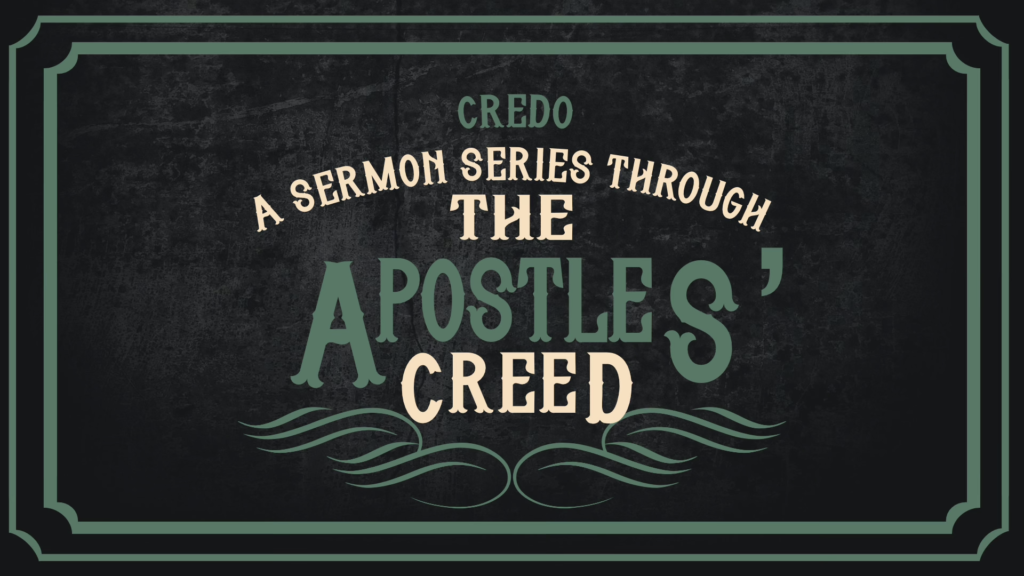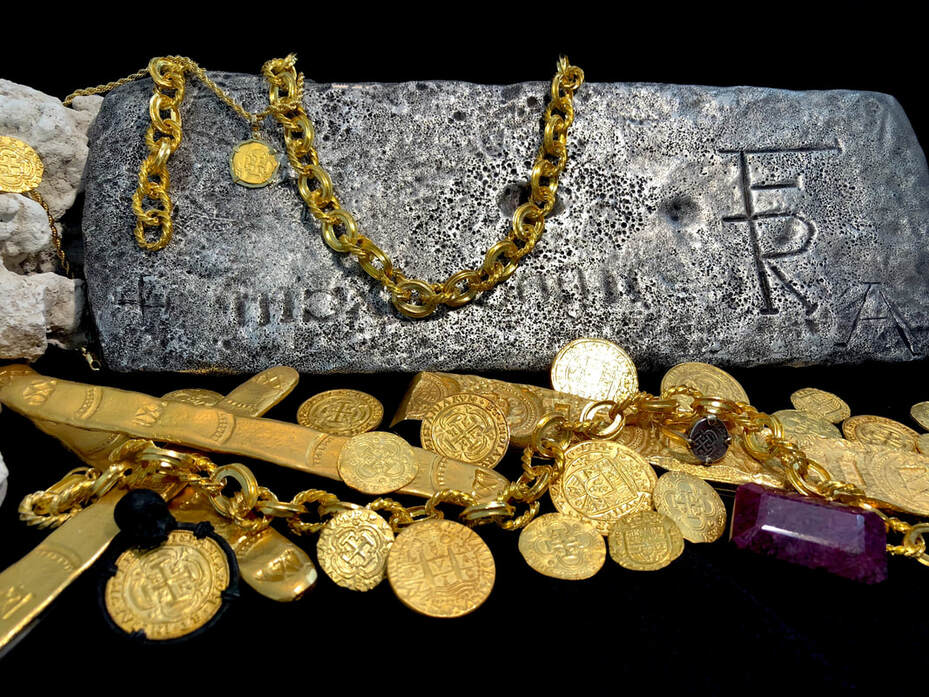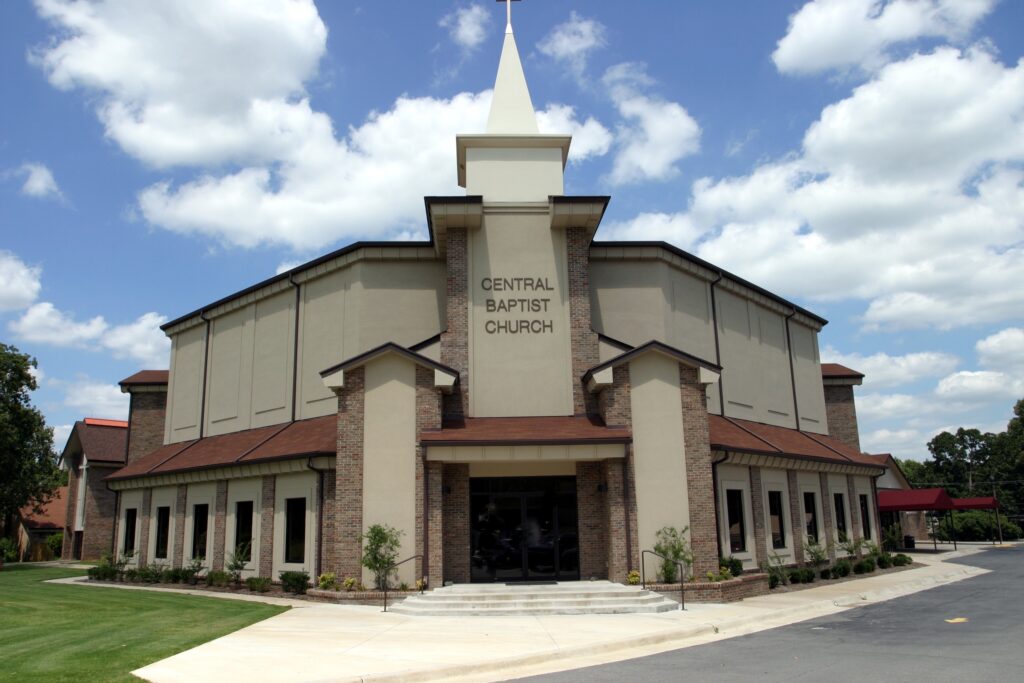
Could you forgive the people who ate your grandfather?
There is a question you likely have never asked yourself!
In a 2003 article in The Telegraph entitled “Fijians killed and ate a missionary in 1867. Yesterday their descendants apologised,” Nick Squires, writing from Nubutautau, Fiji, wrote:
Tearful Fijian warriors in grass skirts and armed with clubs yesterday begged forgiveness from the descendants of an English missionary their ancestors killed and ate more than a century ago.
In an elaborate ceremony villagers presented woven mats, a dozen highly-prized whale’s teeth and a slaughtered cow to 10 Australian relatives of the Rev Thomas Baker, who was murdered, cooked and consumed while trying to spread Christianity in Fiji’s rugged highlands in July 1867.
Seven Fijian converts who were helping the 35-year-old missionary penetrate the mountainous interior of Viti Levu island were also clubbed to death, their bodies cut up on flat rocks and roasted.
“Thomas Baker died in this place and we need to confess our sins,” said a local woman, Elenoa Naiyaunisiga, 59. “It is time for repentance and an apology.”
Legend has it that Mr Baker, a Methodist minister born in Playden, Sussex, was murdered after breaking a taboo by taking a comb from a chief’s hair.
But historians say the real reason was resistance to the spread of Christianity and complex tribal politics. Mr Baker became the only white man to be eaten in Fiji, a former British colony once known as the Cannibal Isles.
He and his men were ambushed as they left a village early one morning. According to the sole survivor, a Fijian guide, Mr Baker had sensed danger and told his companions: “Boys, we shall be killed today. Let us go now.”
During the six-hour ceremony in the village of Nubutautau, overlooked by jungle-clad ridges and outcrops of black volcanic rock, locals implored his descendants to forgive them for his murder and help them lift a curse which they believe has blighted their lives.
Wiping away tears, the chief of the village, Ratu Filimone Nawawabalavu, offered gifts and kissed the cheek of Les Lester, 56, Mr Baker’s great-great-grandson.[1]
Richard John Neuhaus noted concerning this forgiveness ceremony:
The ceremony of reconciliation included the slaughter of a cow and the gift of 100 sperm whale teeth to the Rev. Baker’s descendants. At the end of the ceremony, the village chief, Ratu Filimoni Nawawabalavu, embraced the British visitors. He is the descendant of the chief who cooked the missionary.[2]
How fascinating! There were at least two fundamental realities at play in Nubutautau on this day: (1) the human need for forgiveness and (2) the astonishing power of forgiveness.
In 1 John 1, John concludes his first chapter with some astonishing words. He writes:
8 If we say we have no sin, we deceive ourselves, and the truth is not in us. 9 If we confess our sins, he is faithful and just to forgive us our sins and to cleanse us from all unrighteousness. 10 If we say we have not sinned, we make him a liar, and his word is not in us.
In these three verses we find the biblical grounding for the great line from the creed we are considering today: “I believe in the forgiveness of sins.”






